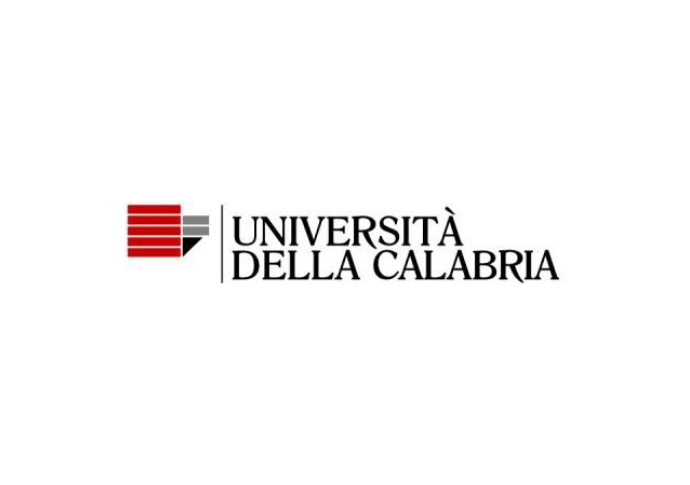Università della Calabria
The University of Calabria was established in 1968 (Law n. 422 of May 12, 1968) with the aim of rooting in this area a strategic resource for the development of Calabria, capable of creating prospects for cultural, social and economic growth for its students and their families.
In its first half-century of life, the University has kept faith with its founding values by making the Campus a place for debate and examination of other experiences and by building an academic community that fully identifies with the mission of contributing to the development of knowledge, cultural education, civil progress and economic development of the area where it operates.
The vision that drives the University of Calabria is well summarized by its motto: the “Campus for Excellence”.
Thus, an important asset of facilities and infrastructures configures the University as a residential Campus and a strategic resource for its considerable size and for the significant social, educational and scientific impact on the territory. An asset that covers over 350,000 square meters, on an area of about 200 hectares, where Departments, Lecture Halls (over 200 with 18,500 seats), Offices, Laboratories, Libraries, Cinemas and Theaters are hosted. The university residences are located in the surrounding area, with about 1,800 beds scattered over the numerous residential areas, sports facilities, canteens with catering services for students and staff (with 1,290 seats), places of aggregation, as well as the “Polifunzionale”, the first educational and departmental district of the University.
Research and teaching activities are entrusted to 14 Departments, about 800 professors from all the areas of the National University Council (CUN) work in these departments.
The educational offer is aimed at a large student community, through the provision of 80 three-year degree courses, master’s degree and single-cycle master’s degree courses, with 15 courses delivered in English, and an articulated offer of post-graduate education with First and Second Level master’s degree courses, specialist school courses, master classes and 10 PhD schools.
Research activities are carried out both in the several laboratories, 32 of which are geared with top-quality equipment, and in some large inter-departmental infrastructures, in particular the STAR Lab, that is connected to the MATERIA – Materials, Technologies and Advanced Research – Project which hosts the “Southern Europe Thomson Back-Scattering Source for Applied Research”, and SILA – Integrated System of Laboratories for the Environment.
With respect to technical innovation, Unical enhances the results of its research with a large portfolio of patents, dozens of academic spin-offs and innovative startups, with the support of the academic incubator TechNest and the Liaison Office.
The Campus is a resource for the surrounding area as well as for the academic community; thanks also to the contribution of just over 650 technical and administrative personnel it was possible to start a Health Center that offers relevant social assistance services, two Theaters (with 700 and 200 seats, respectively) and two Cinemas, the Museum Center with the MuSnob – Museum of Natural History of Calabria and Botanical Garden – and the Rimuseum, the University Language Center, as well as the Library System with three large libraries (400 thousand volumes, 900 reading places) in the Technical-Scientific area, Humanities, and Economic and Social Sciences.
The University of Calabria through the national contract between CRUI and IEEE has an unlimited open access agreement with IEEE that enables researchers to publish articles as open access without open access fees in all IEEE fully and hybrid open access journals. The agreement applies to all original research articles accepted for publication between August 1, 2022 and December 31, 2024. To benefit from this agreement, the corresponding author has to be affiliated with The University of Calabria. Please use the correct institution name and your institutional email address during submission. It is recommended for authors to select the CC BY 4.0 license. The open access funding request will be approved by an administrator in the library.
Overlength page charges or color fees are not covered by the agreement and will be charged to authors.

